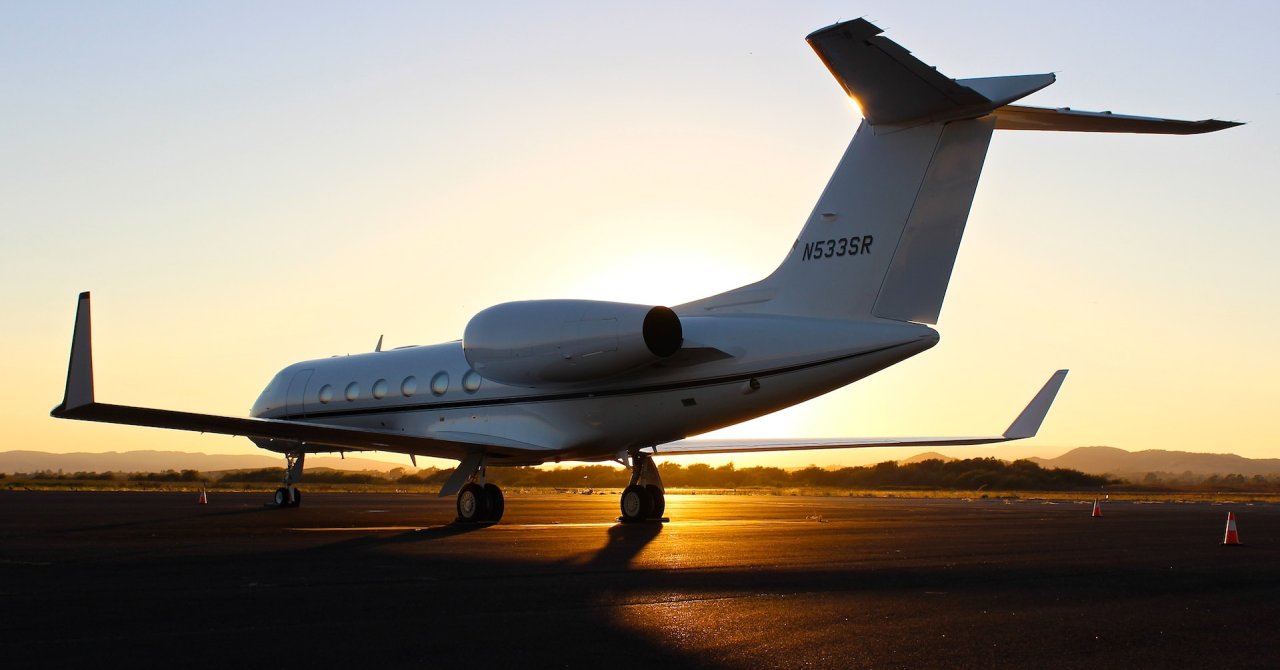ESG Today reports that the flight was conducted from Savannah, Georgia to Farnborough Airport in England and the aircraft who made the feat possible is the Gulfstream G600, with both of its engines being fueled with SAF and nothing else.
Gulfstream President Mark Burns said that "one of the keys to reaching business aviation’s long-term decarbonization goals is the broad use of SAF in place of fossil-based jet fuel. The completion of this world-class flight helps to advance business aviation’s overarching sustainability mission and create positive environmental impacts for future generations."
Accounting for most of the emissions in the field of aviation, fuel is one of the components that needs replacing in order to reduce the industry's negative footprint on the planet. SAF is made mostly from waste oils and agricultural residues and it generates around 85% less greenhouse gas emissions compared to traditional kerosene.
Virgin Atlantic plans to also conduct a fully SAF-powered transatlantic flight later in November, but this time with a larger commercial aircraft.
The fuel used by Gulfstream to power this world-first flight was supplied by World Fuel Services and Honeywell and Safran were among the partners in the project.
 Mihai - Cristian Ioniță
Mihai - Cristian Ioniță












Any thoughts?